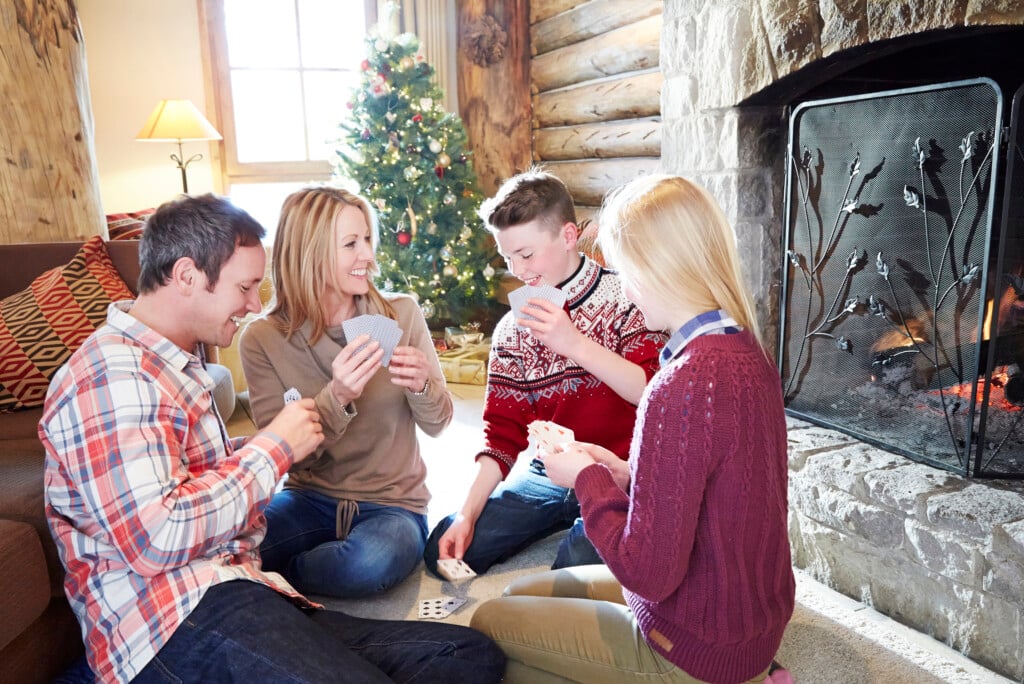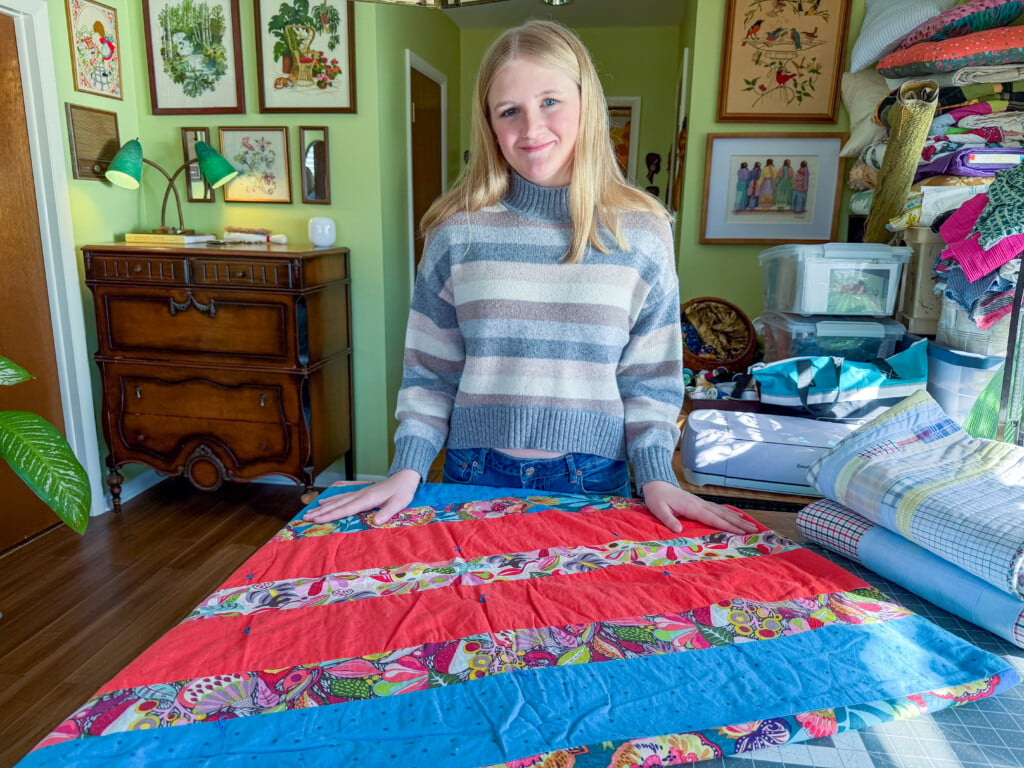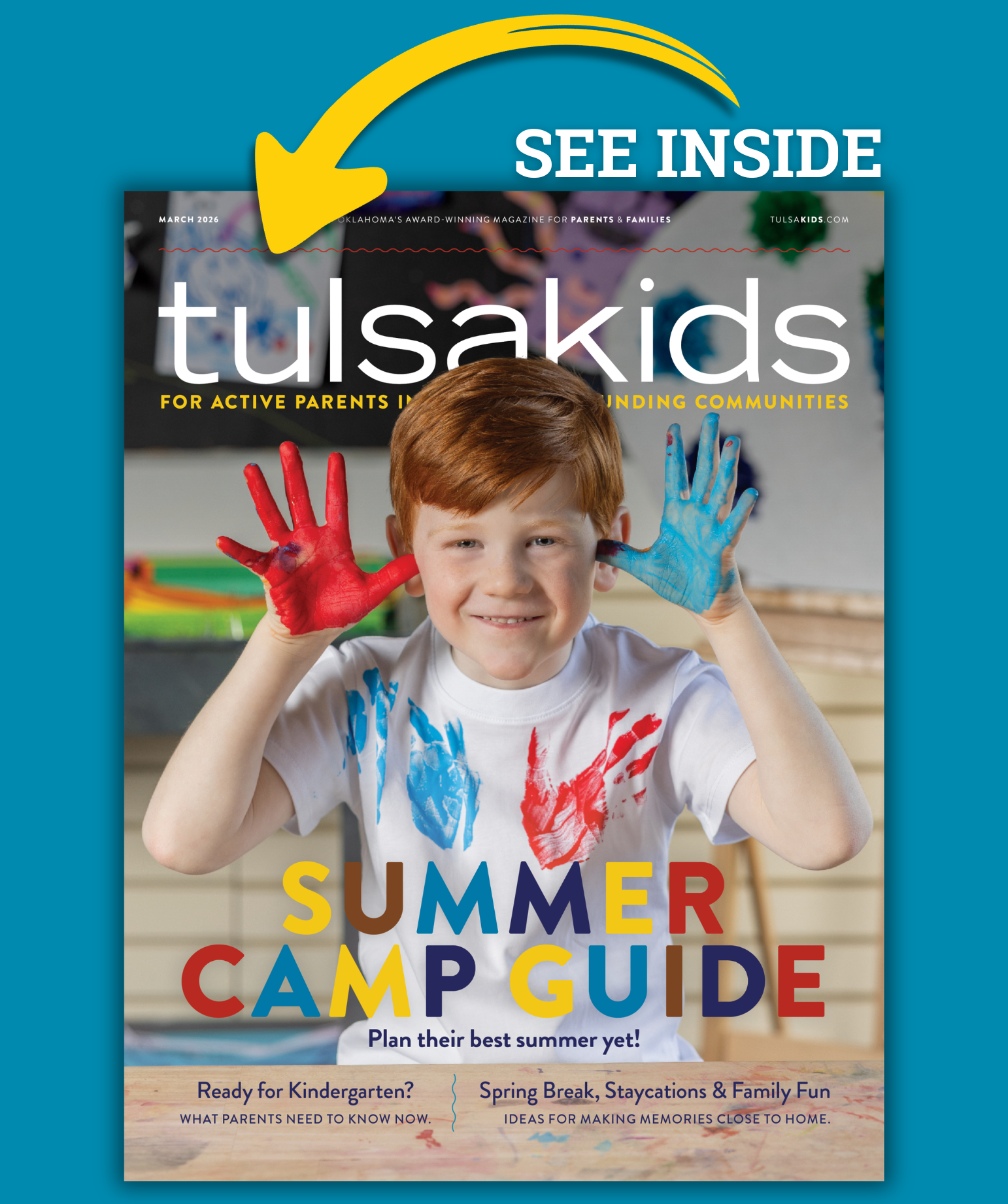Tips for Peaceful Holidays with Teens

Despite ever-present commercial messages and social media feeds, it’s not always “the most wonderful time of the year” when the holidays roll around. Carefully curated images of happy gatherings, beautifully decorated homes and bountiful gifts are often at odds with the reality of difficult relatives, time limitations and financial stress. For families with teens, this can be a particularly challenging time.
Conflicts
“Holidays are a time when families tend to have high expectations of quality time together – family, outings, playing games together, watching movies or sports together, and certainly sharing meals together,” says Scott Meredith Aycock, licensed marriage and family therapist (LMFT). “However, adolescents have a break from school, and they are their own people, with their own agendas about how they want to spend that break.”
Aycock notes that even for teens in families with strong connections, friends often take priority over family.
“Teens may be feeling conflicted between their desire to hang out with friends and their desire to see family members. This can cause them to feel guilty, or even resentful, as teenagers are often on an emotional roller coaster anyway, due to hormonal changes. Adding a surly teenager to a mix of parents who are already stressed out with holiday obligations can lead to higher tensions and shorter fuses.”
Resolution
Fortunately, there are numerous ways for families to ease tensions and reduce stress.
First, Aycock recommends clear and honest communication with immediate family about expectations. Include every member in this conversation.
“It’s fine and important to have clear boundaries regarding planning for the holidays, but within those boundaries, it’s nice if you can present your teenager with some choices that you can live with, allowing them to feel like they have some say in the planning,” Aycock recommends.
Clear communication and good planning about meals, gatherings and accommodations should also apply to interactions with extended family.
“It’s important to cultivate flexibility when hosting family members through the holidays,” says Aycock. “Having said that, boundaries are essential to a successful family gathering. The host family, especially, needs to have a clear understanding of what they will and won’t do.”
A “people over politics” policy is a good way to avoid confrontations over potentially divisive issues. Focus on the holidays and the things on which you agree, and remember, a sense of humor usually helps.
Building bonds
Although holidays can be challenging, they’re still a great opportunity to create memories and grow relationships between teens and extended family. Games and group activities can be useful social facilitators.
“Board games, cards and group games, like charades or Pictionary, are helpful, as well as watching sports or a movie together,” Aycock says.
Encouraging teens to interview older family members, especially those with whom they have difficulty connecting, and “story-telling” in general, can help open lines of communication.
“Teens could ask older relatives about their childhood, their own teen years, etc. If that’s too uncomfortable for the teenager, then parents could ask everyone to share something funny or interesting from the past,” Aycock suggests. “Storytelling is a great way to connect and humanize people. StoryCorps has some great sample questions that can get people started.” Visit storycorps.org.
When it comes to difficult situations, unless a teen is overwhelmed or being bullied, Aycock discourages parents from jumping to the rescue.
“It’s important for them to learn how to cope with these kinds of intrusions. Children are taught to respect their elders, and that can sometimes feel like adults can say anything they want, and children just have to take it,” he says. “However, a little coaching from parents can go a long way. For example, give your teenager permission to respectfully set boundaries with their elders, and encourage your teens to have a sense of humor.”
Aycock emphasizes that because teens are always listening and watching their parents for cues on how to manage and treat family members, modeling good behavior is a parent’s best tool for setting the tone for a successful holiday.
“Teenagers learn more by observing than by your talking to them directly. It almost doesn’t matter how you speak to a teenager. If your lips are moving, they hear it as a lecture. They will always be inclined to tune out a lecture,” he says.
Holiday Coping Tips
- Adjust your attitude – focus on behaviors that reduce anxiety and stress
- Have realistic expectations – don’t expect people to change their behavior just because it’s the holidays
- Keep divisive topics off-limits – respectfully set boundaries and politely redirect conversations
- Accept that you can only control your reaction – you can’t change other people’s behavior
- Don’t drink too much – moderate your own drinking and avoid those who’ve had too much to drink
- Get active – being actively engaged in physical activity makes it difficult to be drawn into an argument, in addition to just being good for mental and physical health
- Practice gratitude – reduce anxiety by focusing on what you enjoy and value
 Julie Wenger Watson is a freelance writer who’s worked in all aspects of music promotion. She’s also Co-Director of “Live From Cain’s,” a public radio show pilot.
Julie Wenger Watson is a freelance writer who’s worked in all aspects of music promotion. She’s also Co-Director of “Live From Cain’s,” a public radio show pilot.




